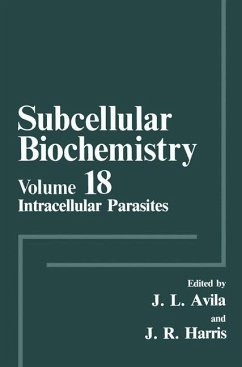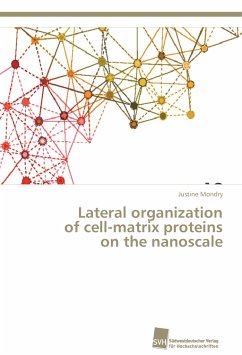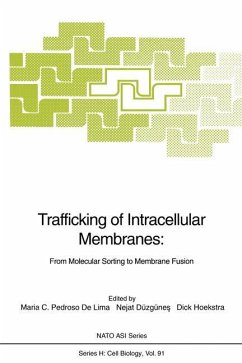
Cellular Mechanics and Intracellular Organization
Visualising dynamic force transmission in live cells
Versandkostenfrei!
Versandfertig in 6-10 Tagen
45,99 €
inkl. MwSt.

PAYBACK Punkte
23 °P sammeln!
Mechanical signals affect and regulate many aspects of the cell's behaviour, including morphology, growth, differentiation, gene expression and cell death. In this study we investigate how mechanical stress perturbs the intracellular structures of the cell and induces mechanical responses. In order to correlate mechanical perturbations to cellular responses, a combined fluorescence-atomic force microscope (AFM) was used to produce well defined nanomechanical perturbations while simultaneously tracking the real-time motion of fluorescently labelled intracellular organelles, such as mitochondria...
Mechanical signals affect and regulate many aspects of the cell's behaviour, including morphology, growth, differentiation, gene expression and cell death. In this study we investigate how mechanical stress perturbs the intracellular structures of the cell and induces mechanical responses. In order to correlate mechanical perturbations to cellular responses, a combined fluorescence-atomic force microscope (AFM) was used to produce well defined nanomechanical perturbations while simultaneously tracking the real-time motion of fluorescently labelled intracellular organelles, such as mitochondria, in live cells. By tracking instantaneous displacements of mitochondria far from the point of indentation, we can gain insight into the long-distance propagation of forces and the role of the cytoskeleton in the dynamic cellular force transmission.












